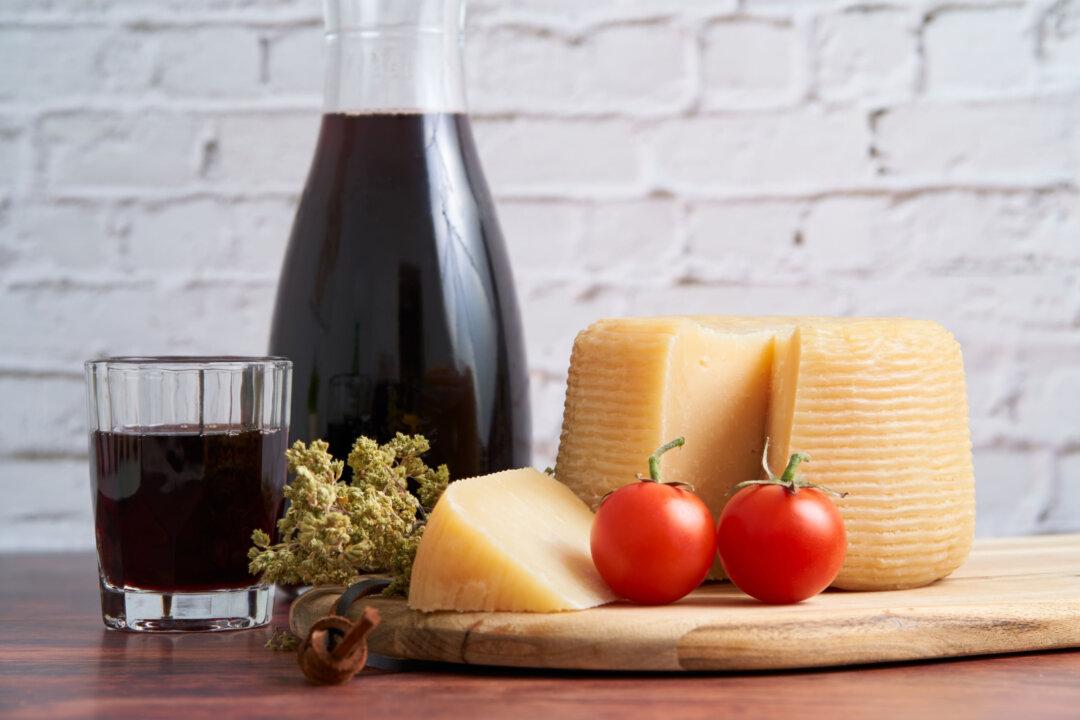One of the best ways you can improve the nutrient value and social benefit of your food is to eat local.
Throughout most of human history, humankind ate food that was close at hand, according to the natural change of seasons, out of necessity. But this practice has numerous benefits, including tying us more closely to the land and seasons. In traditional Chinese medicine, eating in season is important to ensure that one’s mind and body stay well adapted to the time of year.






